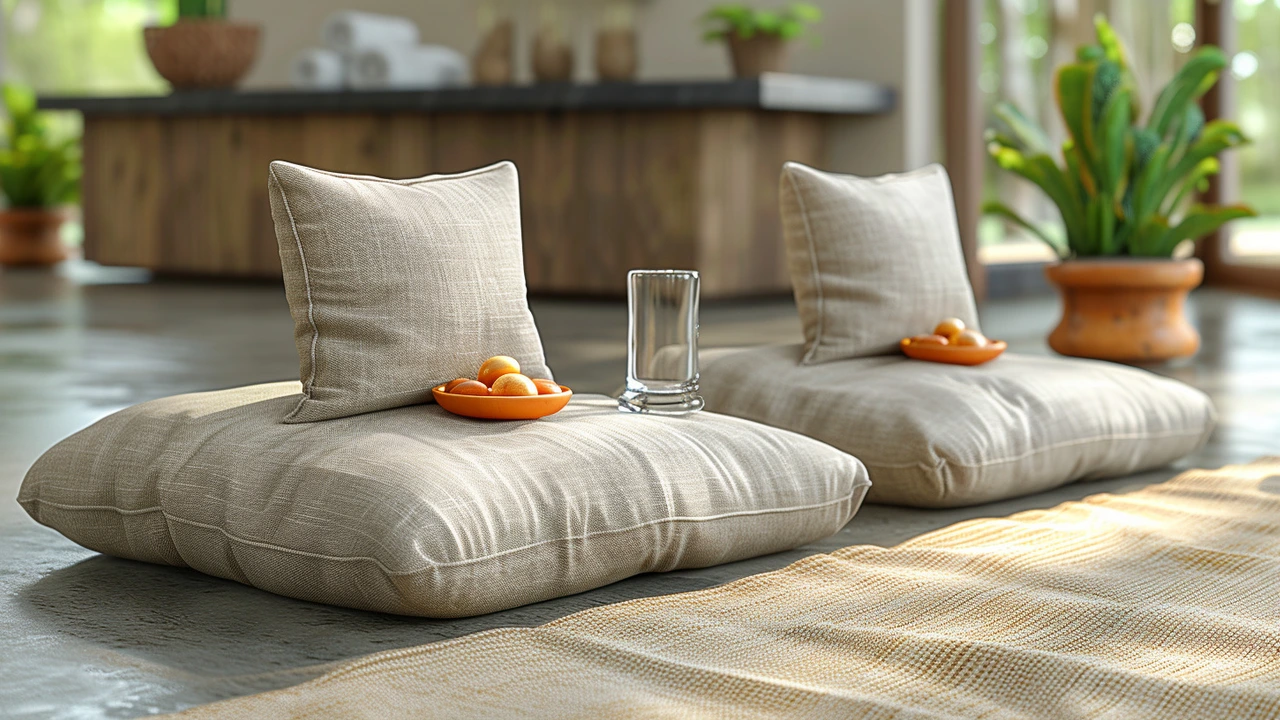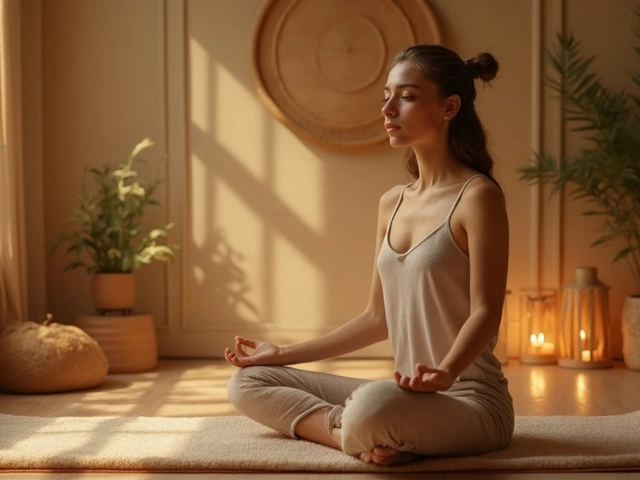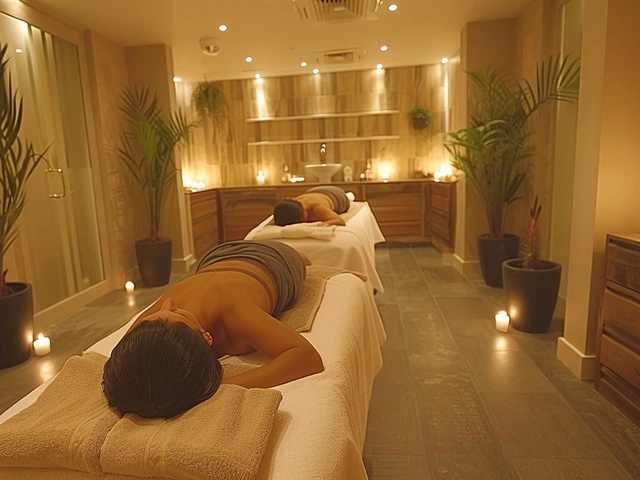Inner Peace: Simple Tools to Calm Your Mind
Stress shows up in your body before your brain notices. That alone changes how you approach calm. Instead of waiting to feel better, use small, targeted actions that shift your nervous system fast.
Start with breathing. Try a nine-breath reset: inhale for four, hold one, exhale for six. Repeat nine times. It lowers heart rate and brings focus. Do this before meetings, after arguments, or when sleep won't come.
Mindfulness doesn't need long sittings. Notice one thing: the weight of your feet, the texture of a cup, or one breath. Naming one neutral detail for thirty seconds pulls your mind out of worry and into the present.
Biofeedback tools give you visible data so you can train calm. A simple heart-rate app or a wearable that shows heart-rate variability helps you see progress. Start with two minutes of paced breathing while watching the data. Small wins keep you practicing.
Touch and movement matter. Short self-massage on the neck and shoulders eases trapped tension. Gentle walking with attention to your steps resets mood and digestion. If you have access, a professional massage like Swedish or neuromuscular work targets chronic tight spots and supports lasting calm.
Use scent and sound. A few drops of lavender on a tissue or ten minutes of low-volume ambient music can shift mood quickly. Keep a small toolkit: one scent, one playlist, one short guided practice you like.
Food and sleep shape your baseline calm. Aim for protein and veggies at meals to steady blood sugar. Reduce heavy carbs late at night. Routine sleep wins: same bedtime, wind-down rituals, and screen limits before bed help your body settle.
Quick 5-minute routines
Routine A: Box breath (4-4-4-4) for one minute, neck rolls for thirty seconds, sip of water mindfully. Routine B: Two minutes of paced breathing while checking biofeedback, one minute of grounding by naming five things you see. Pack these into pockets of your day.
Next steps that stick
Pick one practice and repeat it daily for two weeks. Track one simple metric: sleep quality, mood, or a wearable score. Swap or add a practice only when the first feels natural. Small consistency beats big spikes.
Inner peace isn't a permanent state you must force. It's a set of habits and quick resets that reduce reactivity and increase clarity. Use tools that fit your life, measure what matters, and give yourself credit for small wins. Calm builds one short practice at a time.
If stress feels constant, get help. A therapist, coach, or certified biofeedback practitioner can speed up progress and teach tailored tools. Group classes like meditation or breathwork add community and accountability. Track your wins in a small notebook or an app, note what helped and what didn't. Over time you'll see patterns: which routines lift you, which make sleep worse, and when to pause. That feedback guides smarter choices faster than guesswork.
Be patient; change is gradual, but steady practice reshapes your nervous system. Start today, gently.

Exploring the Benefits of Healing Touch: A Comprehensive Guide to Achieving Inner Peace
Discover the transformative power of Healing Touch in this insightful article that explores how this practice can lead to a deeper sense of inner peace. Learn about the historical roots of Healing Touch, gain practical insights and tips for incorporating this method into your own self-care routine, and understand its physiological effects on stress reduction and holistic health. As we dive into personal experiences and scientific studies, the article sheds light on how Healing Touch can become an integral part of your pathway to well-being and tranquility.

Amma Massage: A Journey to Inner Peace
Hi there! On our journey to self-discovery and wellness, we come across such holistic healing techniques, one of them being Amma Massage. In this article, we dive deep into understanding this therapy and its way to promote inner peace. We'll look at the techniques of Amma Massage, its origins, and how it affects our well-being. Prepare yourself for a fantastic voyage towards deeper self-understanding and tranquility.

Laos Massage: Stress Relief with a Fresh Touch
Apr, 30 2025



